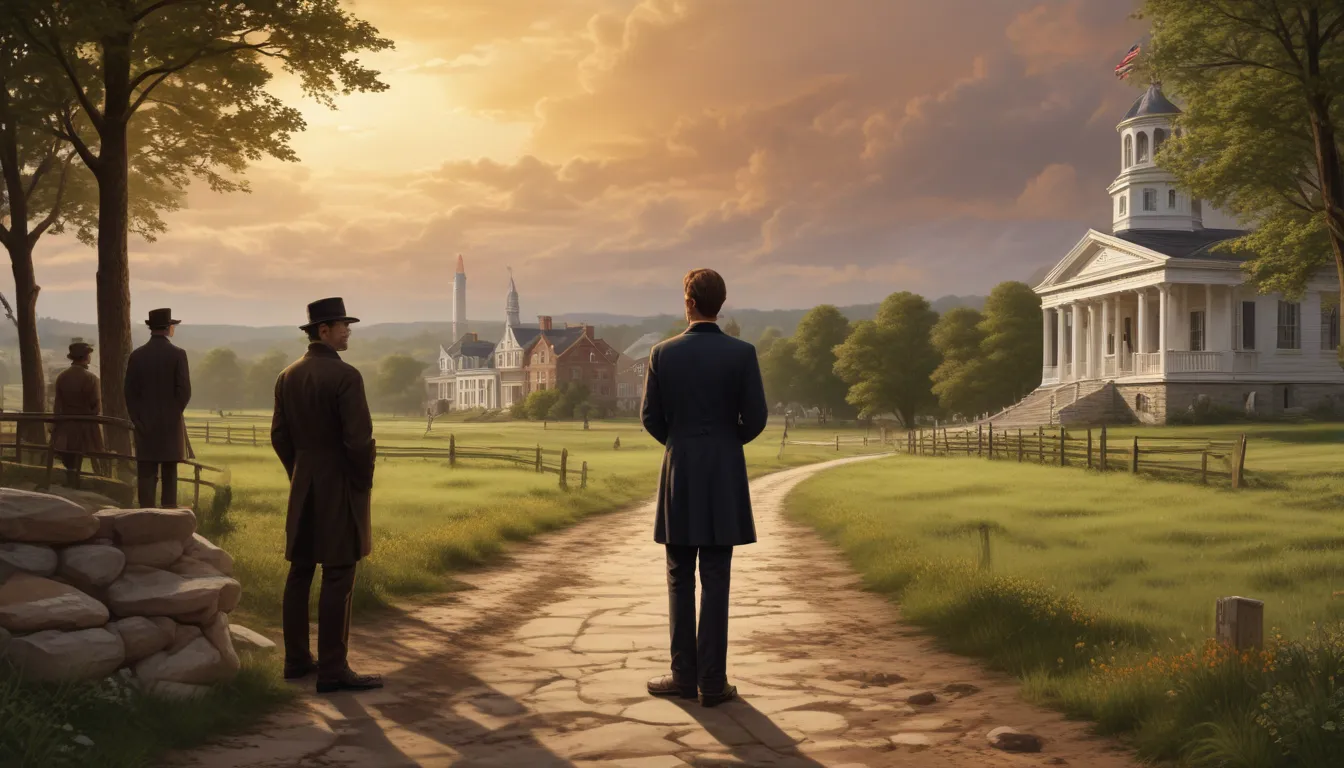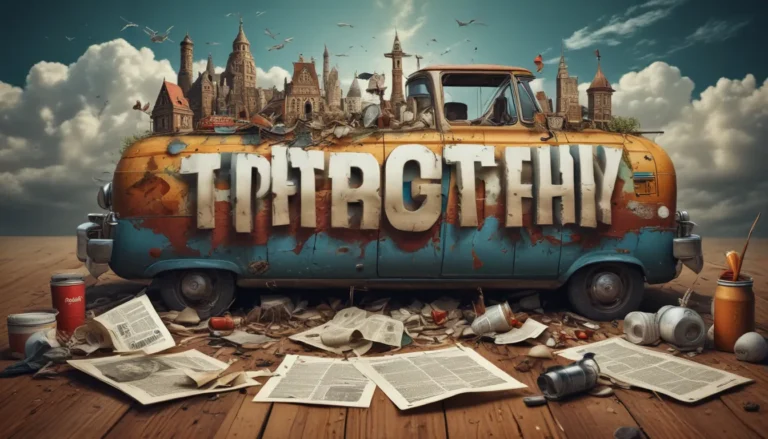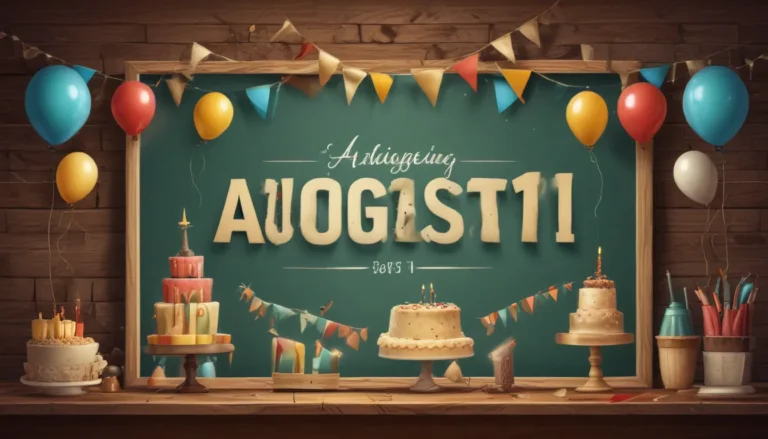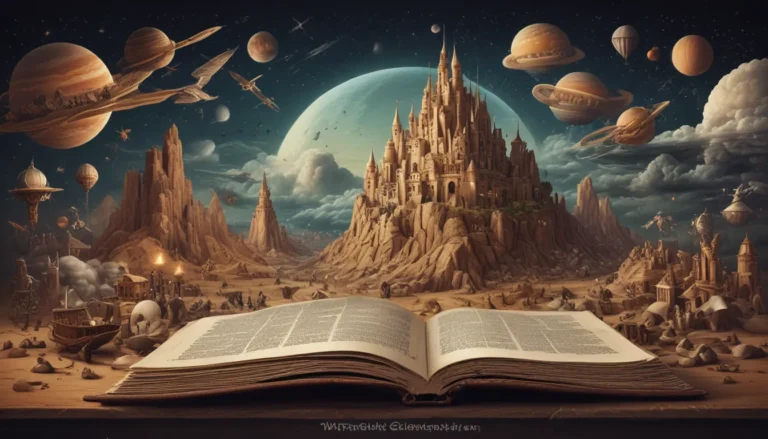The images in our articles may not match the content exactly. They are used to grab your attention, not to show the exact details in the text. The images complement the text but do not replace it.
Have you ever wondered why the Gettysburg Address is hailed as one of the most powerful speeches in history? Delivered by Abraham Lincoln during the tumultuous American Civil War, this iconic speech marked a pivotal moment not just in American history but in the shaping of national identity and values. With its succinct yet profound message, the Gettysburg Address has captured the hearts and minds of generations. But how much do you truly know about this legendary speech? Join me as we delve into some of the most intriguing facts surrounding the Gettysburg Address, uncovering the stories behind Lincoln’s words and rediscovering why this speech remains a cornerstone of American heritage.
Unveiling the Origin of the Gettysburg Address
Abraham Lincoln delivered the Gettysburg Address on November 19, 1863, against the backdrop of the American Civil War. This historic speech took place at the dedication of the Soldiers’ National Cemetery in Gettysburg, Pennsylvania, following the Union armies’ victory over the Confederacy at the Battle of Gettysburg.
- Contrary to popular belief, Lincoln was not the primary speaker at the event. Renowned orator Edward Everett delivered a lengthy two-hour speech, overshadowed by Lincoln’s brief but impactful address.
Examining the Length and Composition of Lincoln’s Speech
Despite its brevity, the Gettysburg Address has etched its place as one of the most renowned speeches in American history, resonating with its concise yet potent message.
- Comprising only 272 words, Lincoln’s speech lasted a mere three minutes. In this short timeframe, he not only honored the fallen soldiers but redefined the Civil War’s purpose, emphasizing core American values of liberty, equality, and democracy.
Tracing the Immediate Reaction and Enduring Legacy
While initial responses to Lincoln’s speech were mixed, the Gettysburg Address has since solidified itself as a fundamental pillar of American history and ideals.
- Initially met with criticism from some publications, such as the Chicago Times, which derided it as “silly” and “flat,” the speech has transitioned over time to be regarded as a profound statement of American national purpose and values.
Unveiling the Physical Copies of the Gettysburg Address
Lincoln meticulously composed five known versions of the Gettysburg Address, each bearing slight distinctions and named after their initial recipients.
- The Bliss copy, housed in the Lincoln Room of the White House, is considered the standard version and the most frequently reproduced. Notably, only two copies penned by Lincoln on both sides of the paper exist: the Nicolay and Hay copies.
Exemplifying the Influence of the Gettysburg Address
Beyond American borders, the Gettysburg Address has transcended national boundaries to become a beacon of freedom and democracy worldwide.
- Translated into over 30 languages, the speech’s iconic phrases, like “government of the people, by the people, for the people,” have permeated various global causes and movements, showcasing its enduring impact.
Spotlighting the Gettysburg Address in Education
A cornerstone of American education, the Gettysburg Address plays a pivotal role in educating students about the Civil War, Lincoln’s presidency, and the evolution of American democratic principles.
- Many American students commit the Gettysburg Address to memory as part of their history or civics curriculum, utilizing it to explore rhetorical devices such as repetition, parallelism, and antithesis.
Tracing the Gettysburg Address in Modern Media
The timeless resonance of the Gettysburg Address echoes through contemporary media, with its frequent references and adaptations in various artistic and literary works.
- From movies to television and literature, the speech is a recurring motif, underscoring themes of unity, sacrifice, and national identity across different genres and platforms.
Reflecting on the Gettysburg Address in Public Memory
The Gettysburg Address remains deeply embedded in public memory and American cultural identity, symbolizing foundational values of liberty and equality.
- Annual ceremonies at Gettysburg National Cemetery commemorate Lincoln’s speech and honor the soldiers of the battle, while readings and events across the United States mark the speech’s anniversary, reaffirming its relevance in American society.
Exploring the Role of the Gettysburg Address in Political Discourse
Politicians and public figures frequently draw on the Gettysburg Address in their speeches, harnessing its themes to inspire unity and shared values among the populace.
- U.S. Presidents, from Franklin D. Roosevelt to Barack Obama, have invoked the Gettysburg Address to emphasize common ideals and promote national unity. The speech also features prominently in discussions on civil rights, democracy, and freedom.
Illuminating the International Perception of the Gettysburg Address
Internationally, the Gettysburg Address has left a lasting impact on how the world views the United States, symbolizing its commitment to democratic principles and equality.
- Foreign leaders and dignitaries often quote Lincoln’s words to express admiration for American ideals or draw parallels with their nations’ struggles for freedom and equality. The speech’s universal resonance is exemplified by its inclusion in school curricula worldwide.
Celebrating the Enduring Legacy of the Gettysburg Address
As a testament to its eloquence, brevity, and profound message, the Gettysburg Address is revered as a historic masterpiece that continues to inspire generations.
- Historians and scholars consistently rank the Gettysburg Address among the greatest speeches in American history. Enshrined on the Lincoln Memorial in Washington, D.C., Lincoln’s words serve as a poignant reminder of the sacrifices made during the Civil War and the ongoing pursuit of liberty and equality for all.
Concluding Thoughts on Gettysburg’s Legacy
Abraham Lincoln’s Gettysburg Address stands as a timeless masterpiece of American rhetoric, encapsulating the essence of the nation’s ideals in a few brief minutes. Beyond its historical significance, the speech serves as a beacon of hope, urging us to live up to the principles upon which the United States was founded. As we reflect on these 23 captivating facts, let us not forget the transformative power of words and the enduring legacy of Lincoln’s address at Gettysburg, a speech that continues to challenge and inspire us.
Frequently Asked Questions
Q: What exactly is the Gettysburg Address?
A: The Gettysburg Address is a famous speech delivered by President Abraham Lincoln on November 19, 1863. Amidst the American Civil War, at the dedication of the Soldiers’ National Cemetery in Gettysburg, Pennsylvania. This concise yet impactful speech emphasizes the principles of human equality and the struggle for national unity.
Q: How long was Lincoln’s speech?
A: Despite its brevity, Lincoln’s speech was incredibly brief, lasting only about two minutes! In that short span, he managed to convey powerful and enduring messages about democracy, freedom, and national unity.
Q: Did Lincoln write the Gettysburg Address on the back of an envelope?
A: While a popular myth suggests this, Lincoln did not scribble one of the most critical speeches in American history on the back of an envelope. He meticulously prepared it, with several existing drafts showcasing his thoughtful process and revisions.
Q: Who spoke before Lincoln at Gettysburg, and for how long?
A: Before Lincoln took the stage, the renowned orator Edward Everett delivered a lengthy two-hour speech. Despite being overshadowed by Lincoln’s concise address, Everett’s oration captivated the audience at the event.
Q: Why is the Gettysburg Address so important?
A: The Gettysburg Address is foundational to American history as it redefined the purpose of the Civil War. Lincoln framed it not just as a battle to heal the Union but as a fight for the fundamental ideals of liberty and equality for all, inspiring Americans to strive towards a more perfect union.
Q: How many versions of the Gettysburg Address are there?
A: There exist five known copies of the Gettysburg Address, each bearing slight variations. Lincoln crafted these copies at different times for various purposes, showcasing the evolution of his thoughts and message.
Q: Can I see the original Gettysburg Address?
A: While there isn’t a singular “original” version, the five copies of the Gettysburg Address hold significant historical value and are preserved in various locations, including the Library of Congress and the Lincoln Room of the White House. Keep an eye out for public exhibitions featuring these revered documents.
Embracing Quality and Authenticity
Our dedication to delivering credible and engaging content lies at the core of our mission. Each fact shared on our platform is contributed by real users like you, enriching our repository with diverse insights and knowledge. Our team of meticulous editors ensures the utmost accuracy and reliability of every submission, ensuring that the facts we provide are not only captivating but also authentic. Trust in our commitment to excellence and explore a world of learning and discovery with us.






